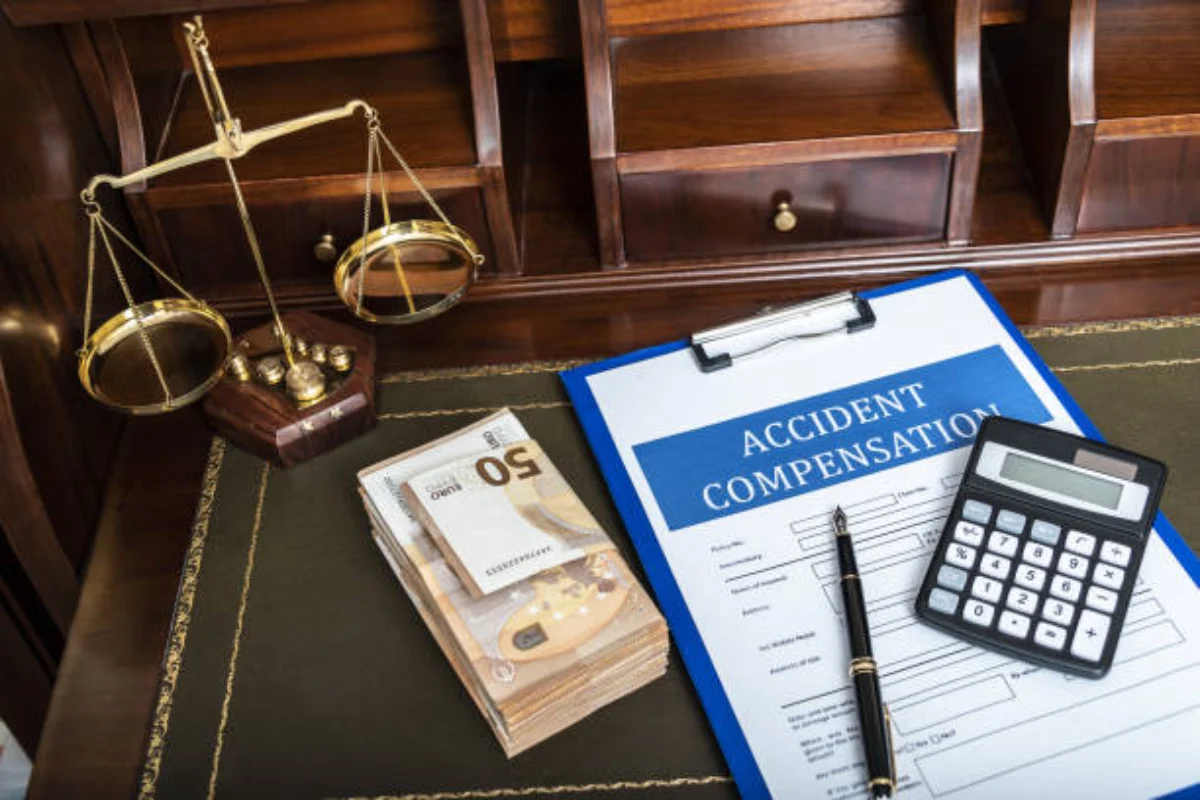Find Personal Injury Lawyer – Where to Start?

Navigating Personal Injury Law and Its Value
Personal injury law plays a critical role for individuals harmed by someone else’s negligence. This legal field spans a wide range of cases, including car accidents, slip and fall incidents, and medical malpractice. Knowing your rights within this framework can shape the success of your claim. When you set out to find a personal injury lawyer, recognizing their ability to guide you through legal challenges and fight for your interests becomes essential. This area of law empowers victims to pursue compensation for losses like medical bills, lost income, and emotional distress. A skilled attorney will collect evidence, negotiate with insurance companies, and represent you in court if needed. Selecting the right lawyer is a pivotal step toward achieving justice. To kick off your search, consider these actions: research local attorneys with personal injury expertise, check client feedback, arrange consultations to review your case, and ask about their fees. These steps pave the way to finding a capable advocate.
Ready to connect with top legal professionals? Get immediate support— Call us at 877-550-8911.
Key Factors When Choosing a Personal Injury Lawyer
1. Experience in Similar Cases
A lawyer with a history of handling cases like yours will know the best legal strategies. For example, a medical malpractice attorney will understand medical records and expert testimonies better than a general personal injury lawyer.2. Reputation and Reviews
Check online reviews on platforms to see past clients’ experiences. Look for patterns in feedback—consistent praise or complaints can indicate reliability.3. Communication and Availability
Your lawyer should be responsive and keep you updated. During consultations, assess whether they explain legal terms clearly and answer your questions thoroughly.4. Fee Structure
Most personal injury lawyers work on a contingency fee basis, meaning they only get paid if you win. Typical fees range from 25% to 40% of the settlement. Always clarify additional costs like court fees or expert witness charges.5. Trust and Comfort Level
Since legal cases can be lengthy, choose a lawyer you feel comfortable with. Trust your instincts—if something feels off during the consultation, consider other options.Steps to Identify Your Legal Needs
Before hiring a lawyer, assess your situation:- Type of Injury – Is it from a car crash, medical error, or workplace incident?
- Evidence Available – Do you have medical records, witness statements, or photos?
- Negligence Involved – Can you prove the other party was at fault?
How to Research Local Personal Injury Lawyers Efficiently?
Researching local personal injury lawyers is a vital step toward securing strong representation. Begin by building a list from online directories, legal platforms, or personal referrals. Verify their credentials—education, years in practice, and case history—to trim your options. Wondering where to start when you find a personal injury lawyer? Visit Legal Case Review for insights on navigating this process. Then, explore reviews on sites like Avvo or Google to assess their reliability and results. Look for patterns in feedback about communication and victories. Set up consultations with your top picks to discuss your case and evaluate their style. Ask about their experience with similar claims and their fee breakdown, including typical contingency rates. Trust your instincts to choose someone who inspires confidence.Leveraging Online Tools to Find a Personal Injury Lawyer
Online resources are a powerful ally when you seek a personal injury lawyer. Start with a search for local firms specializing in personal injury cases. Platforms like Avvo and FindLaw provide directories with lawyer profiles and client ratings, shedding light on their skills and track records. Social media, such as LinkedIn or Facebook, offers another angle—many attorneys share their expertise and success stories there. Engaging with these pages reveals their approach and personality, building trust. For a broader perspective, check out resources like the American Bar Association, which connects you to vetted lawyers based on qualifications. These tools help you pinpoint skilled professionals and often include free consultations to explore your case without upfront costs.Why Referrals Matter in Your Lawyer Search?
Locating a personal injury lawyer can feel overwhelming, especially post-accident. Referrals from friends, family, or coworkers who’ve had positive experiences offer a solid starting point. These insights reveal a lawyer’s communication habits, expertise, and win rate. Here’s how to make referrals work for you:- Seek suggestions: Ask your network for names of trusted personal injury lawyers.
- Investigate backgrounds: Check their qualifications, focus areas, and online reviews to refine your list.
- Book consultations: Use free meetings to ask questions and gauge compatibility.
Assessing a Lawyer’s Experience and Success History
When you strive to find a personal injury lawyer, their experience and past performance are non-negotiable. A lawyer’s tenure in this field often reflects their ability to tackle complex claims. Begin by noting how long they’ve practiced personal injury law—veterans typically excel at navigating its twists and turns. Then, examine their success history. Look for:- Notable settlements: High payouts signal strong negotiation skills.
- Client praise: Positive reviews highlight reliability and results.
- Industry awards: Recognition from legal circles adds credibility.
Grasping Fees and Payment Options for Personal Injury Lawyers
Knowing how personal injury lawyers charge is key when you begin your search—where do you start? Most operate on a contingency fee model, earning 25–40% of your settlement only if you win. This percentage varies by case complexity, so discuss it upfront. Some may add costs for filing, expert witnesses, or other expenses, either deducted from your award or billed separately. Ask about these to sidestep surprises. Beyond contingency, a few lawyers charge hourly rates, ranging widely, or flat fees for simpler cases. Always request a written fee agreement detailing percentages and extras for full transparency.
Finalizing Your Choice: Picking the Perfect Lawyer
Selecting the ideal personal injury lawyer marks a turning point in your legal path. Focus on their experience and specialization—lawyers with a history of winning cases like yours bring an edge. Communication is equally vital; you want someone approachable who breaks down the process clearly. Arrange initial meetings to test their responsiveness and willingness to address your questions, building your trust. Fees also factor in—most rely on contingency, paid only if you succeed. Discuss this upfront to clarify additional costs, ensuring no hidden surprises. Weigh these elements to make a choice that feels right.FAQs
1. What should I ask during a consultation with a personal injury lawyer? Inquire about their experience with cases like yours, their success rate, fee structure, and how they plan to approach your claim. 2. How long does it take to settle a personal injury case? It varies—simple cases may resolve in months, while complex ones with trials can take years, depending on evidence and negotiations. 3. What if I can’t afford a personal injury lawyer? Most work on contingency, meaning no upfront costs; they’re paid a percentage of your settlement if you win. 4. Can I switch lawyers if I’m unhappy with my current one? Yes, you can change attorneys at any time, though you may owe fees to your original lawyer based on their contract. 5. How do I know if my case qualifies for personal injury law? If you were injured due to someone else’s negligence, like in a car accident or slip and fall, you likely have a valid claim. Consult a lawyer to confirm.Don’t wait to secure the legal representation you deserve. Visit Legal Case Review today for free quotes and tailored guidance, or call 877-550-8911 for immediate assistance.


